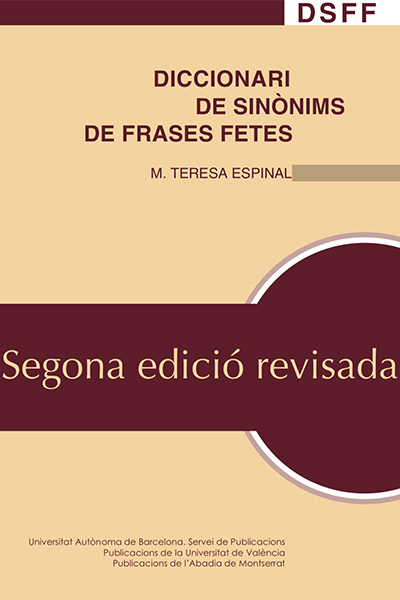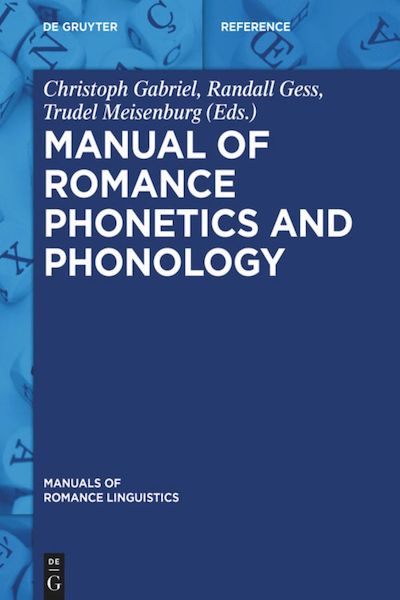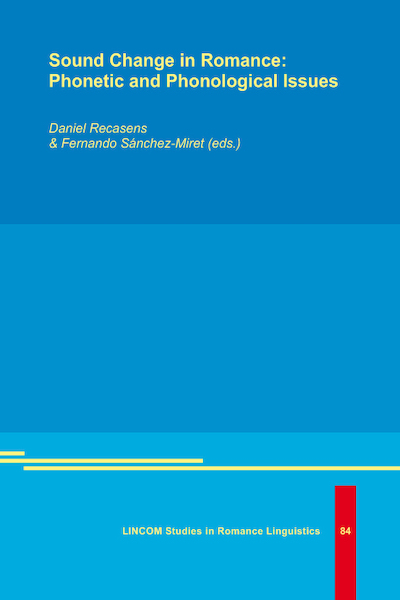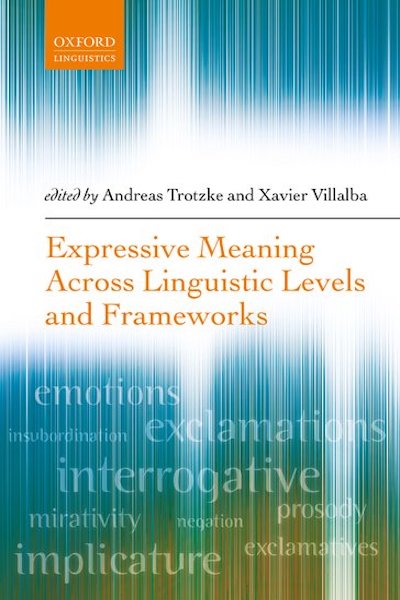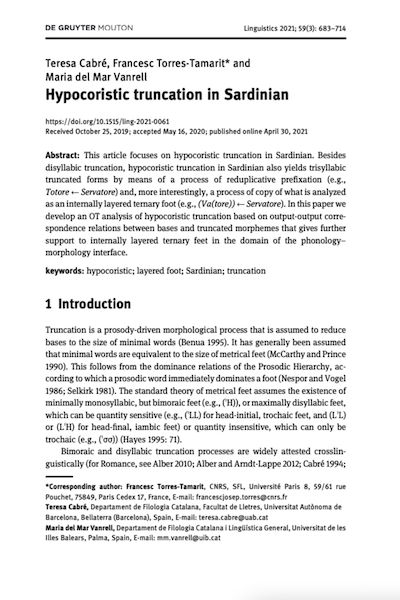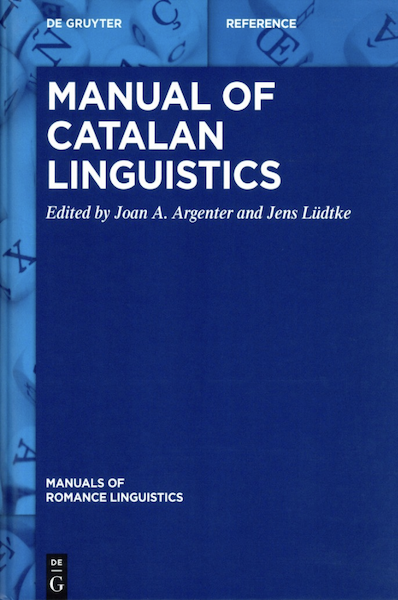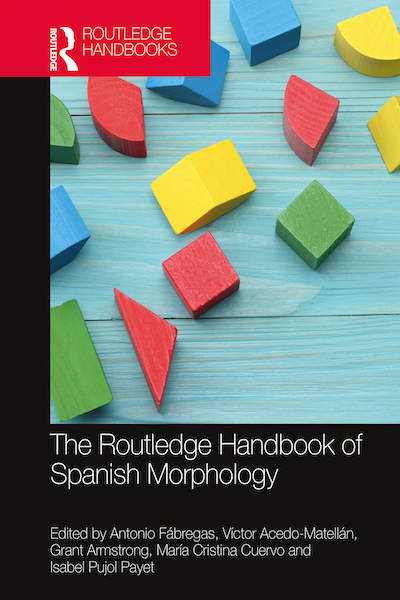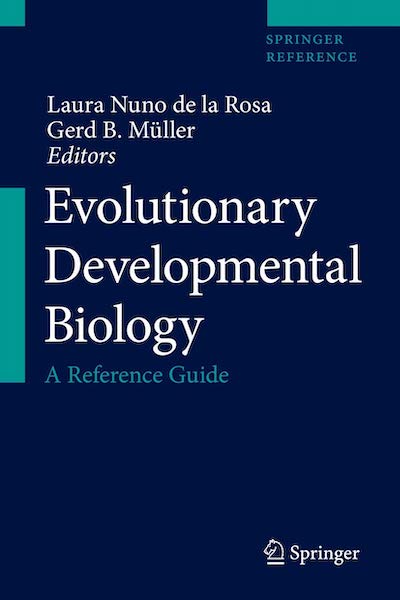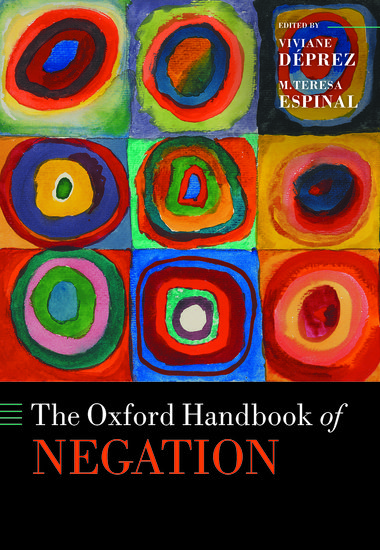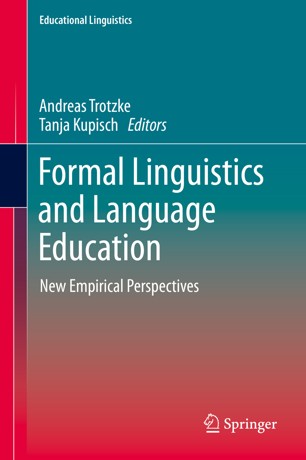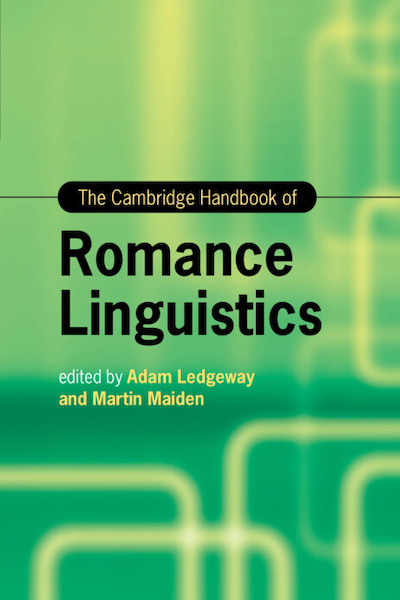
Autors:
Victor Acedo-Matellán, Jaume Mateu & Anna PinedaTítol:
Argument Structure and Argument Realization (dins The Cambridge Handbook of Romance Linguistics)Editorial: Cambridge University Press
Data de publicació: Juny del 2022
Més informació
This chapter provides a critical survey of some of the most significant phenomena that show how the study of Romance languages can make a strong contribution to our current theoretical understanding of the principles and empirical generalizations relevant to argument structure and its realization. After defining the notion of argument structure, two different current theoretical approaches to the lexicon–syntax interface are briefly presented: the projectionist one, which is typically adopted in lexicalist frameworks, and the constructivist/neo-constructionist one, which is assumed in non-lexicalist frameworks. The selection of empirical phenomena made in this chapter includes a discussion of the well-known distinction among intransitive verbal predicates (unaccusatives vs unergatives) in the context of Romance linguistics, a review of the crucial role of the Romance clitic se in argument structure and argument realization, a survey of some relevant explorations of events of transferal based on the grammar of dative clitics as well as other aspects of dative-marked arguments in Romance languages, and, finally, a discussion of the prominent place that these languages occupy in the huge literature on Talmy’s lexicalization patterns together with an overview of several refinements made to his initial typology of motion events.

